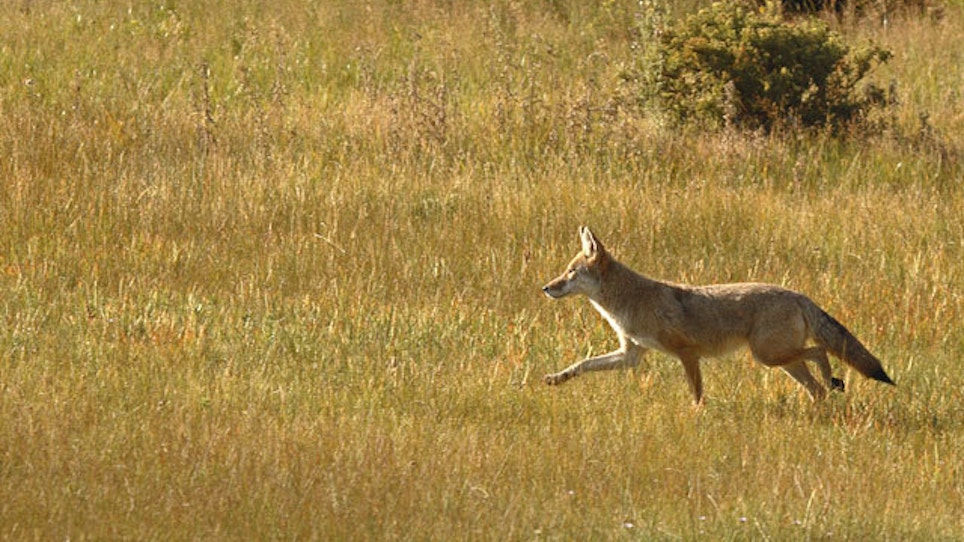Long Beach fire and police departments recently found a gruesome scene that the Los Angeles County Cononer’s Office said could have been caused by animals, namely coyotes.
Several weeks after Terry Griffin Jr., 73, went missing, the Beachcomber reported his maid called the police after discovering that not only had Griffin passed away, but something much more chilling had occurred.
The neighbor said she walked to the couch and initially thought a fire had taken place, as there was a brown spot on the sofa. Then she saw a few skeletal remains.
Then they saw a human skull on the floor in the center of the room. And then it became clear other bones were scattered about.
The three got out of the house and the neighbor called 911.
A cause of death could not be determined based off of what was left of the body.
The Beachcomber reported it’s believed the resident passed away in the den on the sofa and floor, also saying one of the officers at the scene said there was damage to the remains from animal activity since the resident did not lock or secure the residence.
The Beachcomber reached out to Theresa Hew, who runs the Coyote Watch Long Beach, Lakewood and Bellflower Facebook page. She said coyotes are constantly changing their behavior in the city. She added coyote activity has been reported from September through December in Griffin’s neighborhood.
“And why wouldn’t they eat a dead body is the door is left wide open?” Hew asked. “Because they can smell it way before the humans can. Their sense of smell is so great that they can smell prey 100 feet away. We know they can jump a six foot wall with no problem, they do it all the time.”
The Beachcomber reported Hew read the coroner’s reported and noted Griffin was missing ribs and other bones.
“What other animal would carry off bones of that length and size?” she asked. “It’s not like we have bobcats or bears. The coyote is our largest predator around (Long Beach).”






